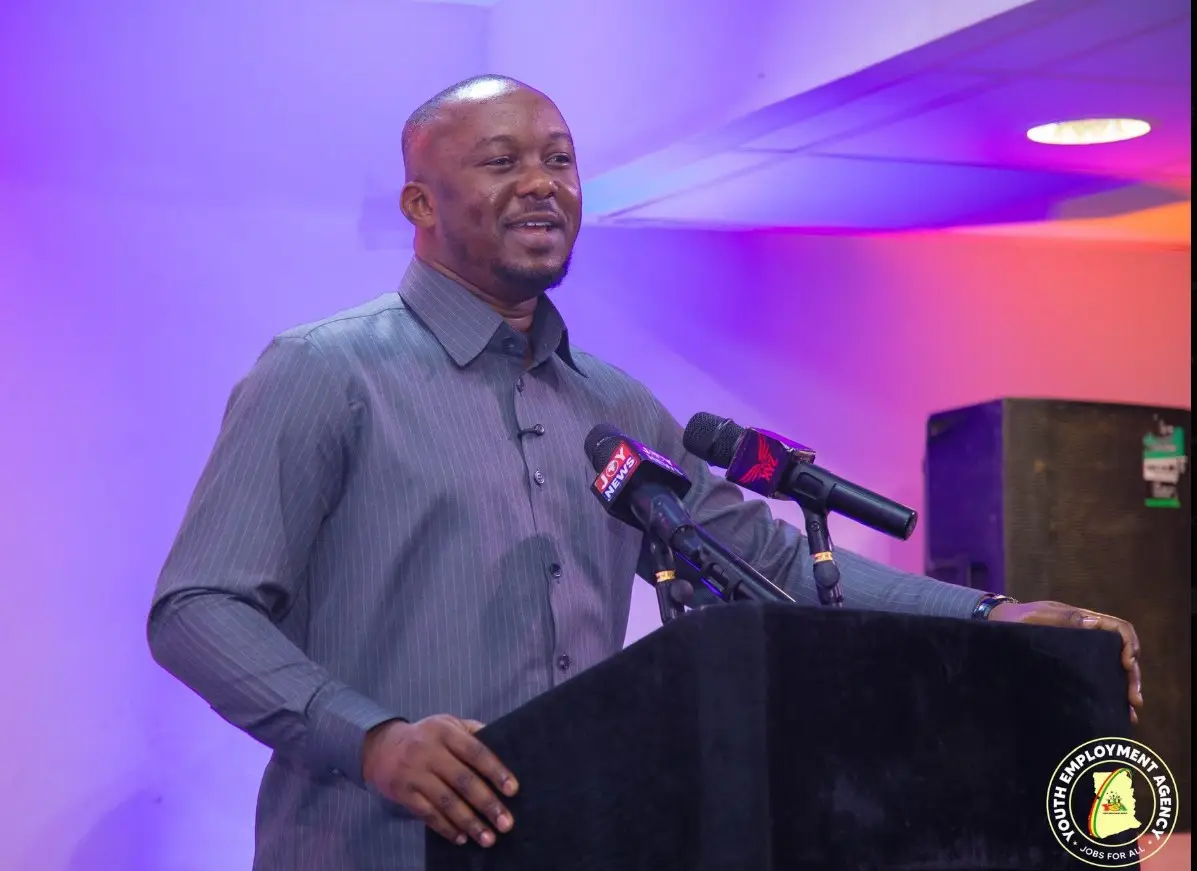
By Ben BRAKO
Throughout history, societies have risen and fallen, but one constant has been the reverence that descendants owe to their ancestors. Our ancestors, through resilience, wisdom, and communal struggle, shaped systems of survival, meaning, and belonging that carried us for centuries.
Yet today, in our time, we must pause and ask ourselves a difficult and even haunting question: Are we cursed? Not because our ancestors wished us ill, but because we ourselves have betrayed them through a collective abandonment of our culture and heritage.
By disregarding the very foundations that sustained them — and us — we declare to the world that we have no faith in our own sources of strength. This betrayal is worse than any curse that could be invoked.
The tragedy is not only that we have turned away from the wisdom of our ancestors, but that we have also misunderstood the deeper wisdom of the very religious figures many claim to follow.
In Jesus, for instance, we can rediscover a resonance with our own philosophies of Ubuntu, community life, reverence for creation, and spirituality as a daily practice — but instead of seeking this harmony, we have chosen mimicry of Western Christianity. The question “Are we cursed?” is therefore a challenge to recognize that our redemption lies not in running away from ourselves, but in reclaiming both our indigenous wisdom and the truths that echo within it from other traditions.
Betrayal of Heritage
Our ancestors toiled not only in the physical sense of farming, defending territories, or raising families, but in cultivating philosophies of life, spiritual systems, and social structures that ensured survival through community integration and cultural coherence. They developed rituals that aligned human life with nature, social ethics that balanced individual and community, and spiritualities that recognized the divine presence in all things.
To abandon all of this in exchange for an imported identity is to dishonor them. It is to proclaim that centuries of wisdom were misguided, that their ways of seeing the world were void, and that our survival until the colonial encounter was a mistake. Such a conclusion is not only false, but cowardly. It signals a spineless generation incapable of valuing or preserving what was handed to us in trust.
The Dumb Generation
A popular saying often heard among African Christians goes:
“Our ancestors worshipped idols and lesser gods, but we are proud followers of Jesus Christ under the guidance of Christianity.”
On the surface, this seems like a boast. In truth, it exposes a deep ignorance. It collapses the wisdom of our ancestors into caricature, while at the same time misunderstanding the very teachings of Jesus.
If we pause to examine Jesus’ words, many of his core teachings actually align beautifully with African philosophies of life:
- Ubuntu (I am because we are): Jesus taught, “Love your neighbor as yourself.” This is not about individual salvation alone, but about the dignity and interdependence of community — exactly the lifeblood of African society.
- Reverence for creation: Jesus spoke of the lilies of the field and the birds of the air as testimonies of God’s presence. Our ancestors, too, recognized the spiritual force in rivers, trees, mountains, and animals — not as “idols,” but as manifestations of the divine order in creation.
- Children as sacred: Jesus declared, “Let the little children come to me, for the kingdom of God belongs to such as these.” Our traditions likewise held children as communal treasures, not private possessions.
- Daily living as spirituality: Jesus did not teach that God must be confined to a temple or a day of worship. His life was an admonition that spirituality is how one treats others every day — feeding the hungry, clothing the naked, comforting the afflicted. This echoes the African principle that religion is not a Sunday performance, but the rhythm of life itself.
The tragedy is that what Jesus taught and embodied has been overtaken by the imported institution of Christianity as a religion. The two are not the same. Christianity as practiced by many Africans today is preoccupied with Sunday rituals, doctrines, and denominational divisions. It neglects the very heart of what Jesus stood for: compassion, justice, communal care, and reverence for life.
Thus, when Africans boast that we have moved from “idol worship” to “Jesus,” they miss the point twice over:
- They misunderstand their ancestors, who did not bow to wood and stone, but acknowledged the sacred in creation and community.
- They misunderstand Jesus himself, whose teachings — if lived daily — would make us better Africans, not detached Europeans in disguise.
This is why we call ourselves “modern” yet fail to see that our problem is not our ancestors, nor even Jesus, but our blind adoption of a hollow, institutionalized Christianity that neither honors our roots nor practices the teachings of the one it claims to follow.
Worse than a curse
If indeed our ancestors could look upon us now, what would they see? A people who despise their own songs and stories. A generation that considers its mother tongues inferior. A continent ashamed of its gods and eager to borrow others. Is this not worse than a curse? For a curse afflicts you from without, but betrayal comes from within. A curse can be lifted, but betrayal destroys trust at its root.
We are cursed not because they damned us, but because we have damned ourselves by refusing to honor the wisdom of our roots. We are cursed by mimicry — repeating the words, styles, and philosophies of others without grounding ourselves in the soil of our ancestors.
Conclusion
So, are we cursed? Yes — but not by the hands of our ancestors. We are cursed by our own cowardice, our own lack of confidence in the traditions that birthed us. The path out of this curse lies not in deeper mimicry of the West, nor in hollow religiosity, but in reclaiming the depth of both our ancestral heritage and the universal truths found in the teachings of sages like Jesus, whose wisdom harmonizes with our own.
To reclaim our destiny, we must:
- Relearn our traditions and pass them to our children.
- Recognize that the teachings of Jesus, when properly understood, do not contradict but affirm the African spirit of community, dignity, and reverence for creation.
- Reject hollow performances of religion and instead embody spirituality in our daily lives, as both Jesus and our ancestors instructed.
If we are to lift the shadow we have cast upon ourselves, we must cease being the dumb generation and instead become the generation of reclamation — one that honors its ancestors, understands the wisdom of Jesus in its African context, and forges a path rooted in confidence, dignity, and authenticity. Only then can we break the cycle of betrayal that feels like a curse and step boldly into our rightful inheritance.
The post Are we cursed?: appeared first on The Business & Financial Times.
Read Full Story














Facebook
Twitter
Pinterest
Instagram
Google+
YouTube
LinkedIn
RSS